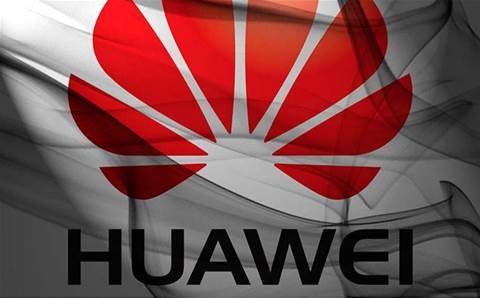Huawei has claimed that its exclusion from 5G builds will cost 1,500 Australian jobs in its channel and beyond, but the claim ignores the realities of basic business planning and how some of Huawei’s own preferences tie its channel to the company.
The 1,500 jobs claim emerged early today in metropolitan newspapers, which claimed exclusive news of the likely losses. A Huawei press release followed a few hours after newspaper first editions hit the streets.
As the company’s director of corporate and public affairs Jeremy Mitchell said in that press release, “Our suppliers are overwhelmingly small-to-medium sized business employing around 30 people and in many cases Huawei is currently delivering around 80% of their annual revenues – so without us they are in huge trouble.”
Indeed they are, if those partners have not sniffed the wind and decided to do what the best channel businesses do – namely diversify so their existence is not tied to the fortunes of a single supplier. For example, CRN has spoken to Symantec resellers who were nervous about the company’s fate once acquired by Broadcom and told us they would consider new relationships.
Huawei partners have had plenty of notice that diversification is a good idea, because the Federal Government decision to ban Huawei from 5G was made in August 2018. There’s never been a hint of a change to that position – a strong signal to any small business to find new vendors.
Further, CRN understands that Huawei prefers its partners to focus on its products, a stance that makes diversification harder – a partner that spreads itself around is less likely to win the dwindling amount of work building Huawei powered 4G networks.
Huawei also argues that its partners will suffer by being excluded from 5G network build activity currently happening in Australia.
But most of that build will happen with our without Huawei: only the combined TPG/Vodafone Hutchison Australia 5G build has been postponed due to the Huawei ban.
Mitchell claims that “Without Huawei the 5G deployment in Australia is going at a glacial pace because there is no competition to spur 5G rollout so if and when those jobs are lost then they are not going to be replaced.”
But that argument is flimsy, too, because even if Huawei 5G kit were permissible, the TPG/Vodafone merger would still be mired in regulatory mud.
But the “glacial” claim is hard to sustain. Optus last week said it has almost 300 5G sites built, and intends to switch on around 1,200 5G sites by March 2020. Telstra plans comprehensive coverage in 35 major towns and cities by mid-2020. If that’s glacial, please send more glaciers.





_(21).jpg&h=142&w=230&c=1&s=1)







.jpg&w=100&c=1&s=0)








_(1).jpg&q=95&h=298&w=480&c=1&s=1)


